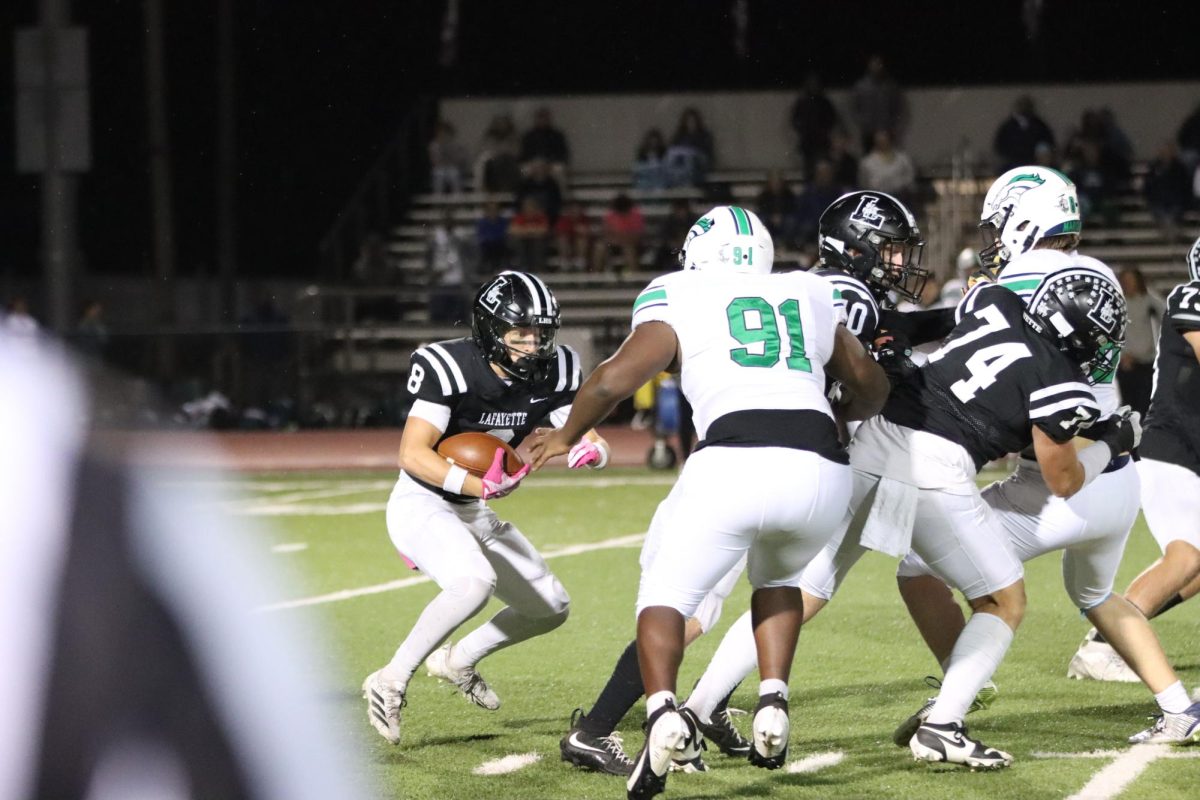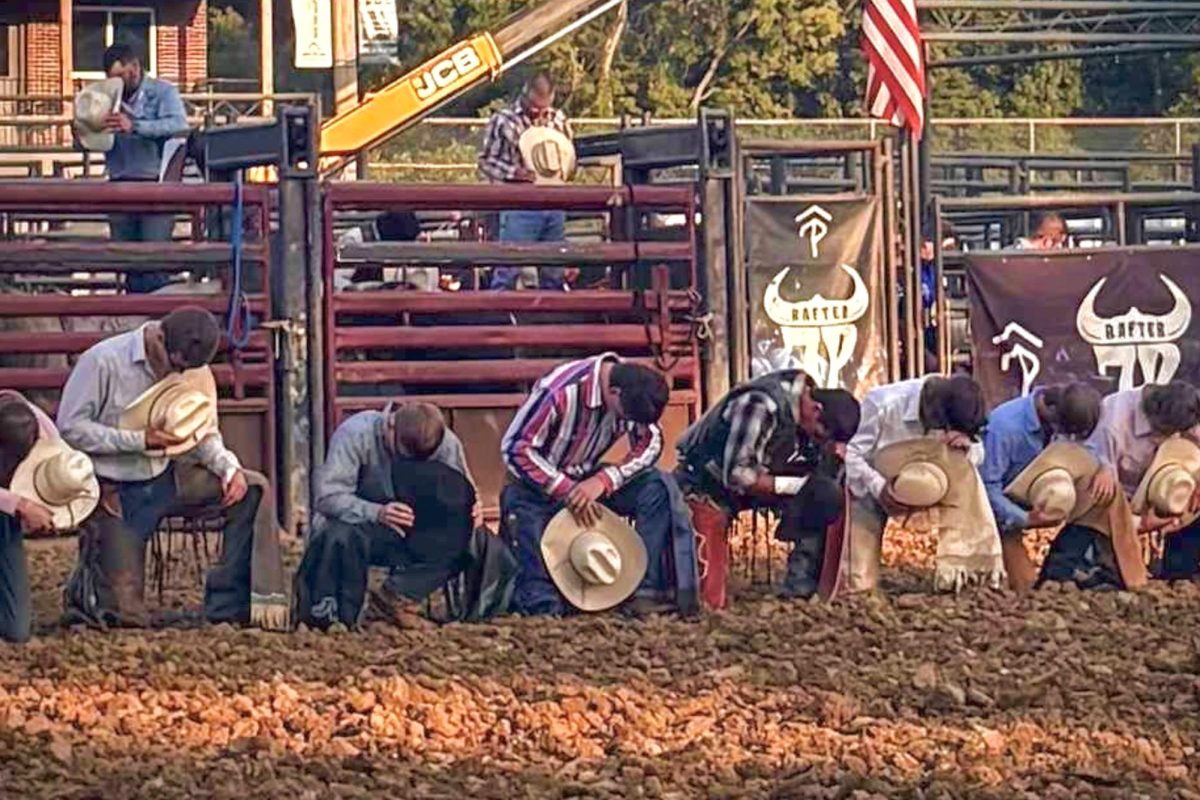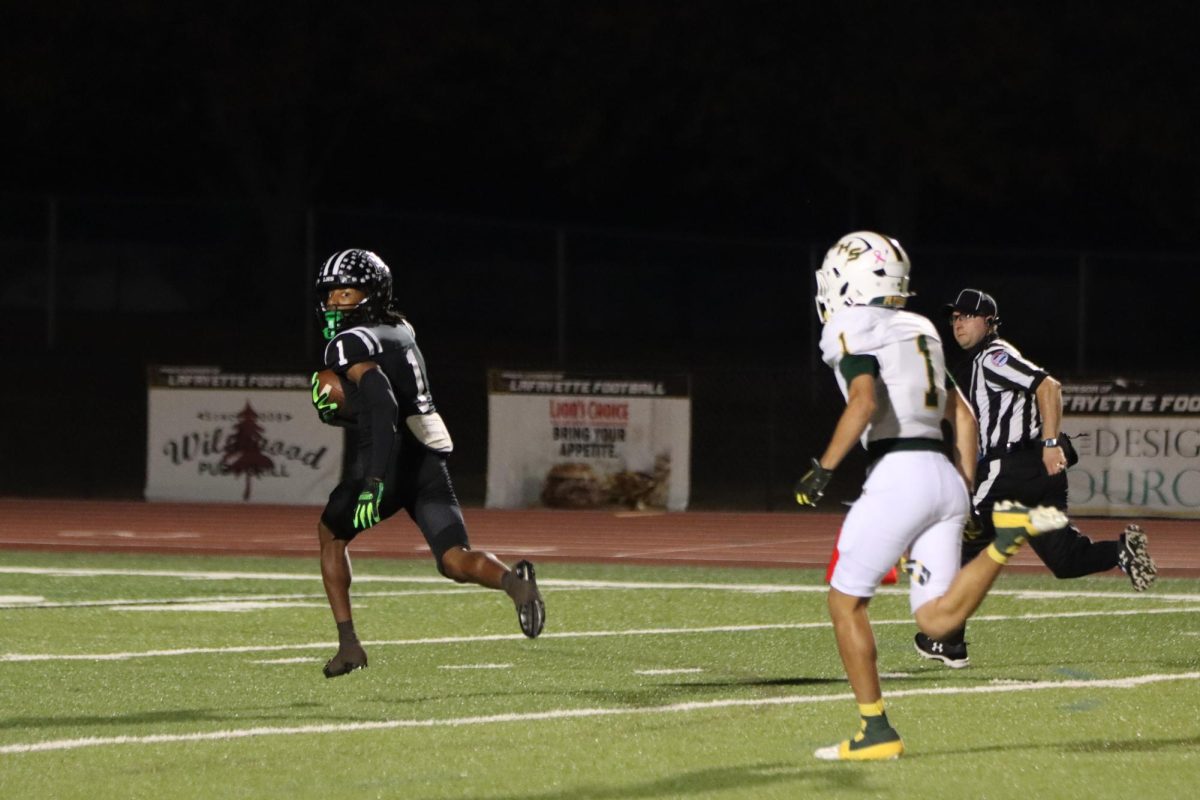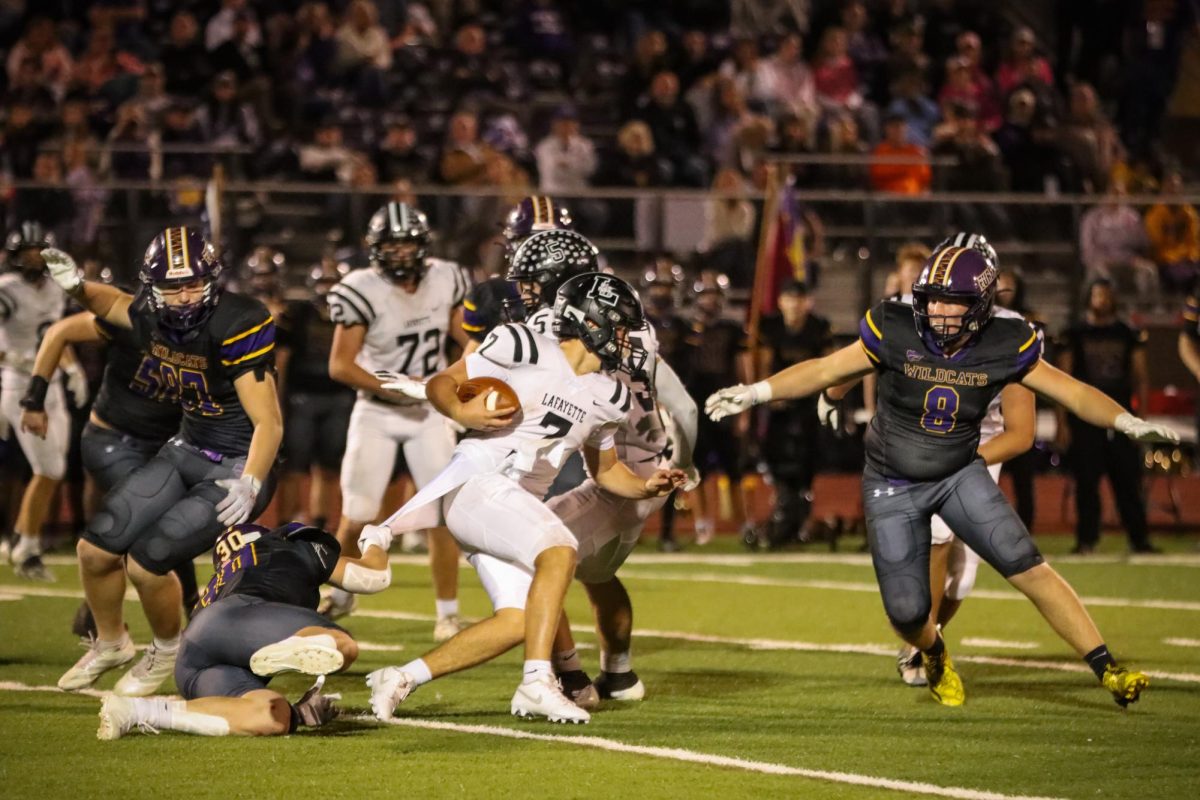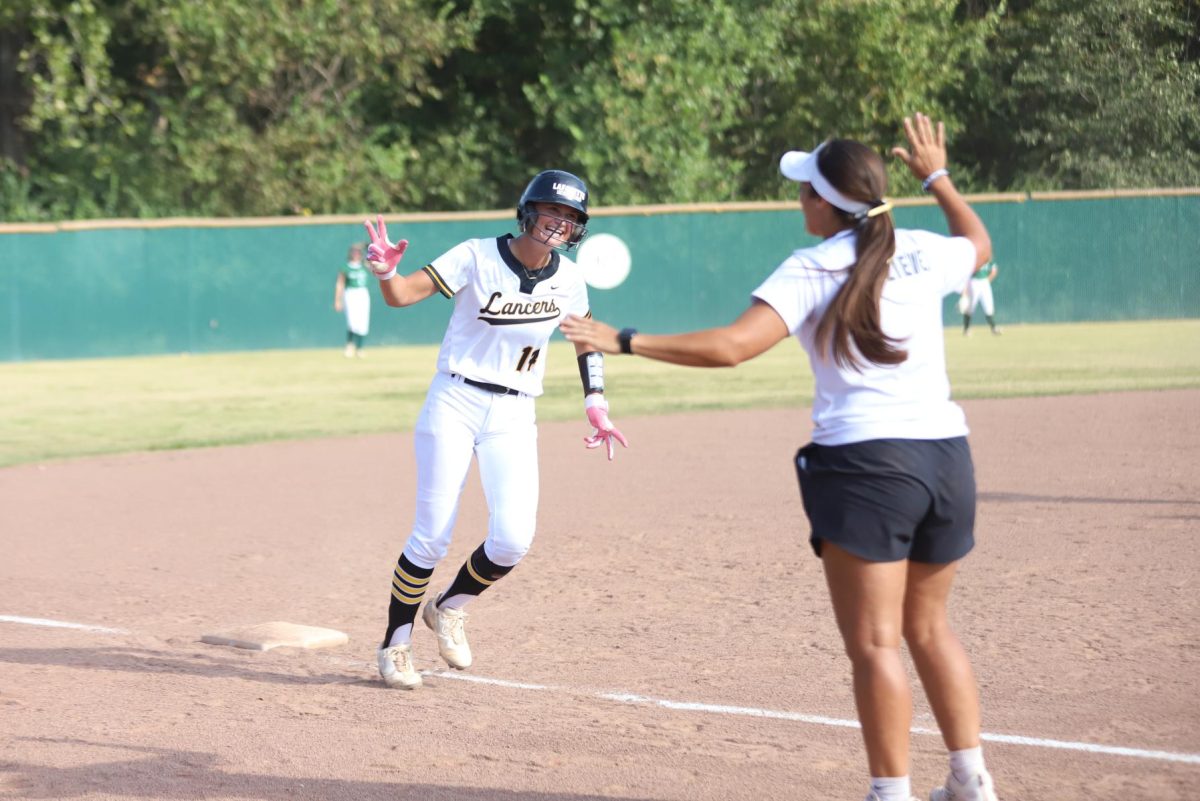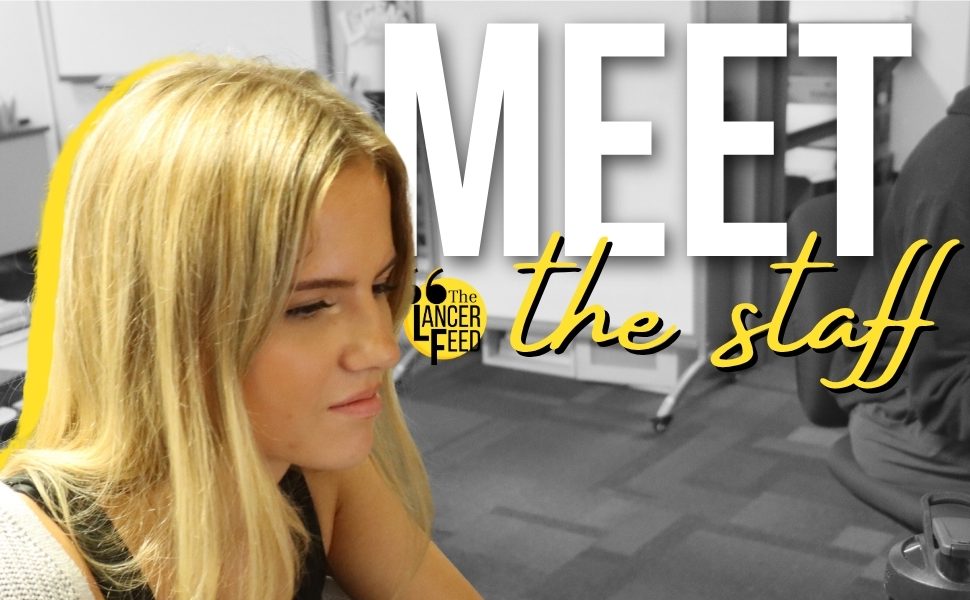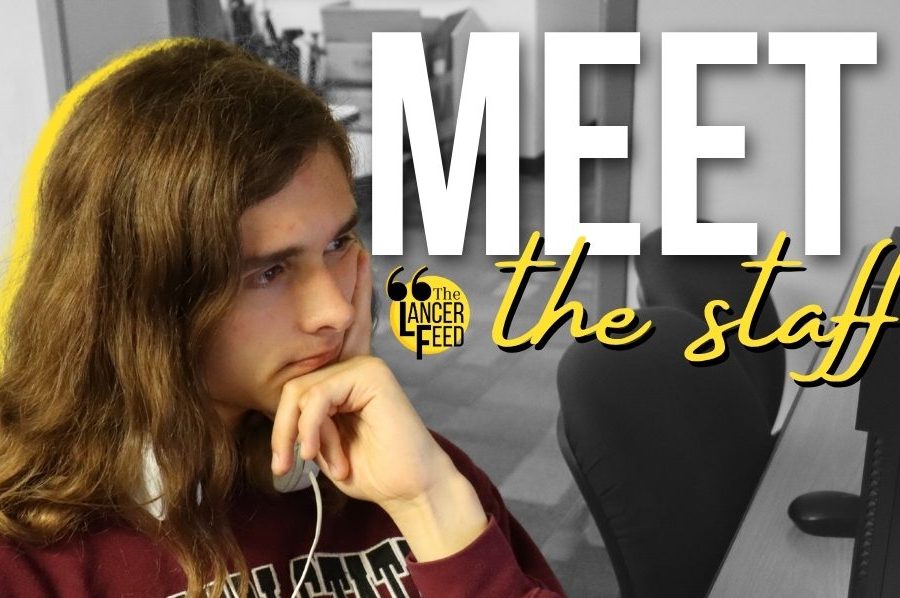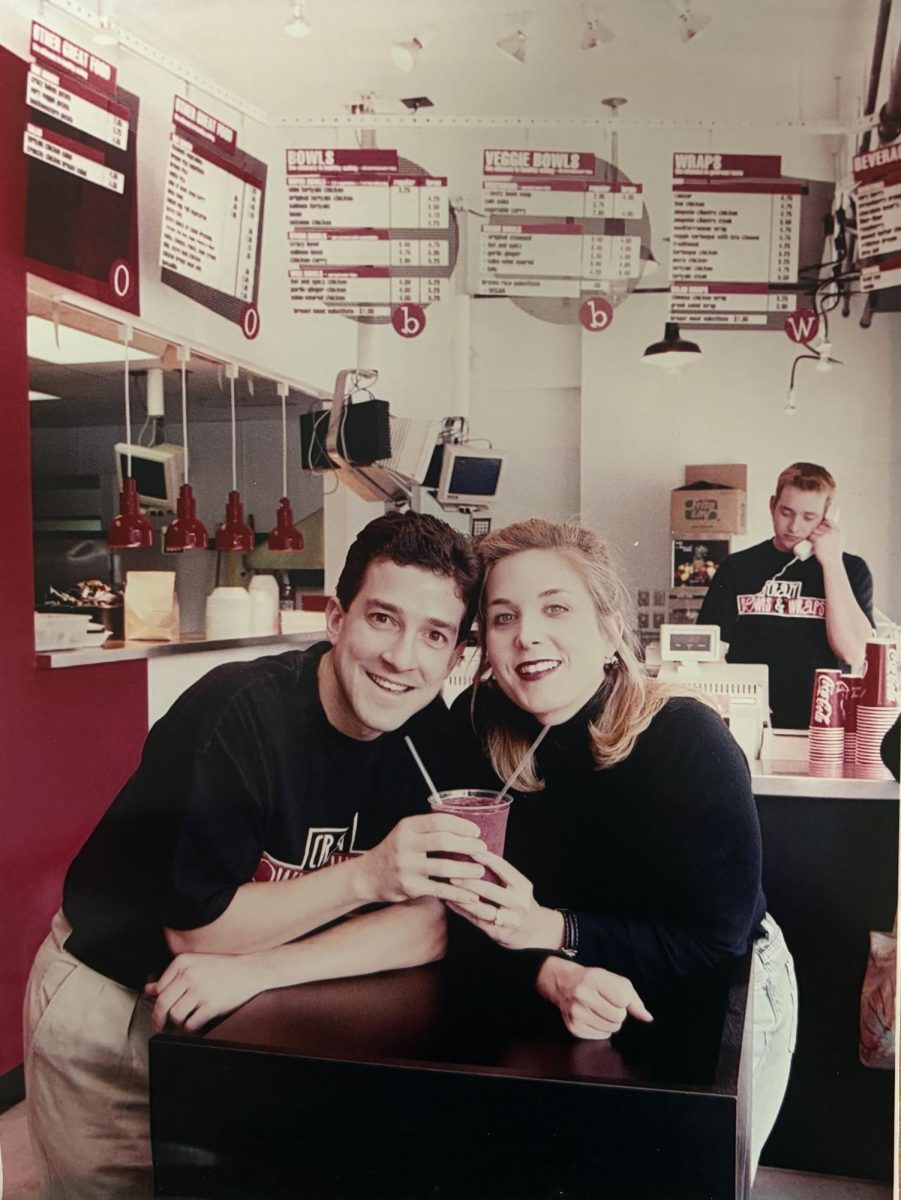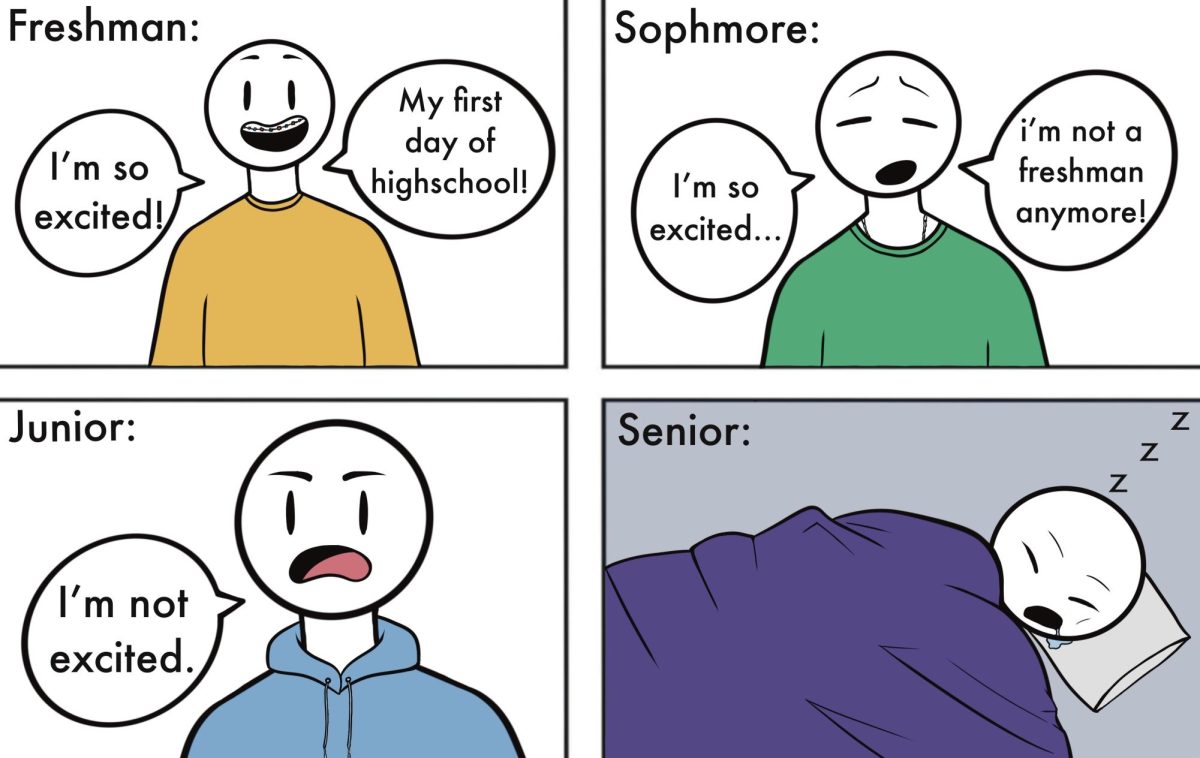Current Ole Miss quarterback Jeremiah Masoli was kicked off of the University of Oregon’s football team last season after multiple run-ins with the law. Masoli, who has another year of eligibility left, graduated from Oregon early and then transferred to Ole Miss after being “relieved of his duties” as the Oregon quarterback in hopes of playing football for the Rebels.
He knew he could do this because of yet another loophole in the NCAA (National Collegiate Athletic Association) rulebook. The ruling says if a graduate student with eligibility left transfers to a school and enrolls in a graduate program that the previous university does not provide, that student-athlete does not need to sit out a year before becoming eligible again. However, an undergraduate student–athlete that transfers does have to sit out one year.
The NCAA originally denied Masoli eligibility immediately, forcing him to sit out a year. Ole Miss decided to appeal and somehow won that appeal, so Masoli is now eligible for this season. That rule is obviously intended for athletes who are transferring strictly for academic purposes.
Now, let’s take a step back and look at this logically.
Jeremiah Masoli, one of the top quarterbacks in the country, gets in trouble with the law and is kicked off of his team. So he decides to transfer to Ole Miss, where he enrolls in the school’s Parks and Recreation Management program.
Yeah, Jeremiah Masoli, a top player in the country and thug, loses a year of eligibility, so he transfers to a school to enroll in its Parks and Recreation program. Honestly, how will Jeremiah Masoli ever use a degree in Parks and Recreation Management? Wouldn’t you feel safe at a park knowing that the Park Ranger allegedly smokes weed and steals from “friends”?
I cannot get over the absurdity of this ruling. Players who do all the right things, get good grades and stay out of trouble transfer and must sit out a year. But a felon who transfers is allowed to play immediately. There is something wrong with that.
High school athletes who break NCAA rules, and don’t always necessarily even know it, help soil the reputation of college athletic programs along with possibly losing eligibility themselves and soiling their own reputation (like one, Reggie Bush). These athletes, who are immature and don’t know the NCAA’s recruiting rules, are punished more severely than a student-athlete who breaks the law.
When high school athletes go to parties or do whatever, they don’t think, “I wonder if this is going to break an NCAA rule.” I sure hope that when college athletes buy drugs and steals laptops, he is aware that he is breaking a rule.
As an academic institution, Ole Miss should be embarrassed of that appeal because it sends the message they are more concerned with the state of their athletics than anything else. Like, oh I don’t know………. academics or even morals.
The NCAA should not act so innocent either, like they were just obeying the rule. They should open their eyes and realize this situation is much bigger than what the stupid rulebook says. This is an issue of ethics and morality, which at the end of the day are much more important than academics and athletics.






